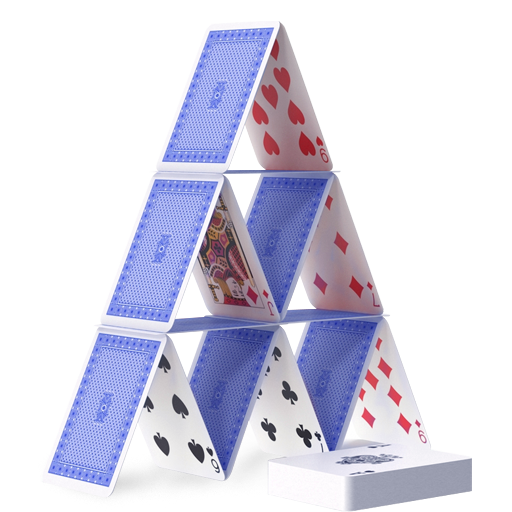I Have Turned My Real Life Into Tetris
There is a type of player who, after playing Tetris for a long time, the world starts to become square. It is no exaggeration to say that the Tetris Effect is real - not "like", but "really in the mind".
For example, when you stand in front of the supermarket shelf, looking at the neatly arranged milk cartons, the thought automatically emerges in your mind: "These two are L-shaped, that one is Z-shaped... If there is another I-shaped, I can eliminate the whole row." For example, when you enter the elevator, you find that the floor tiles are arranged in a standard square array, and your mind instantly enters the mode of "judging whether a row can be filled".
Even moving has become a challenge: sofas, suitcases, small stools... In your eyes, they are not furniture, but seven shapes of building blocks - you even start to evaluate which angle can save the most space and trigger "perfect row clearing". Friends wonder why you are so obsessed with packing in the trunk, but you have already silently comboed three times in your mind.
What's more amazing is that the Tetris Effect may also appear in dreams. When I close my eyes before going to bed, the falling blocks are still in my mind, and the familiar background music echoes in my ears - the sound of elimination line by line, as if clearing stress and anxiety in my subconscious mind.
Psychologists have also noticed this phenomenon: when people play games with repetitive and spatial structures for a long time, the brain will automatically "borrow" this pattern into reality. This is not a "madness", but it shows that our brain is trying to optimize space and strengthen logic. To some extent, it is like a superpower.
Perhaps this is the charm of Tetris - it not only trains your reaction ability, but also changes the way you look at the world unconsciously.
Next time, when you see a messy office desk, you might as well think: "If there is an 'I-shaped block', this row will be clean."
Isn' t the real world another game of blocks?






